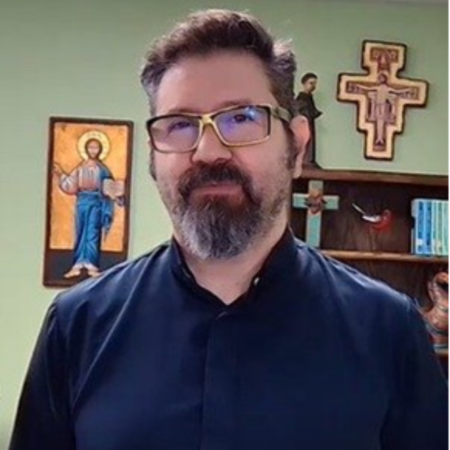Jesus loves sharing how God can be surprisingly loving in the least expected details of everyday life; a crowd has followed them to the mountain, where God, in Jesus, the new Moses, will reveal new laws and love rules.
The disciples suggested sending the crowd away; it was evening, and they were far from town. The apostles express concern about the crowd’s hunger but see no solution. ‘Let each person manage their own problems,’ they advise.
But Jesus never sends anyone away. On the contrary, he can make that deserted place a warm home of bread and respect. And so, he signals a sudden change of direction to the story when he illogically requests to his own: Give them yourselves to eat.
A simple, dry, concrete verb: give. In the Gospel, the verb to love is always close to another accurate action by your hands: give (God so loved the world that he gave his Son (Jn. 3:16), there is no greater love than to lay down one’s life for one’s friends (Jn. 15:13).
However, they realize that having only five loaves will not suffice; on the other hand, Jesus realizes those loaves are enough to feed them. Two points of view, but one grace.
So, the crowd sits, and Jesus raises the bread with loving hands to present and thank his Father. It becomes sufficient for all, for the challenge was never the little bread but becoming a blessing to others and sharing it to feed their souls because we are the bread.

